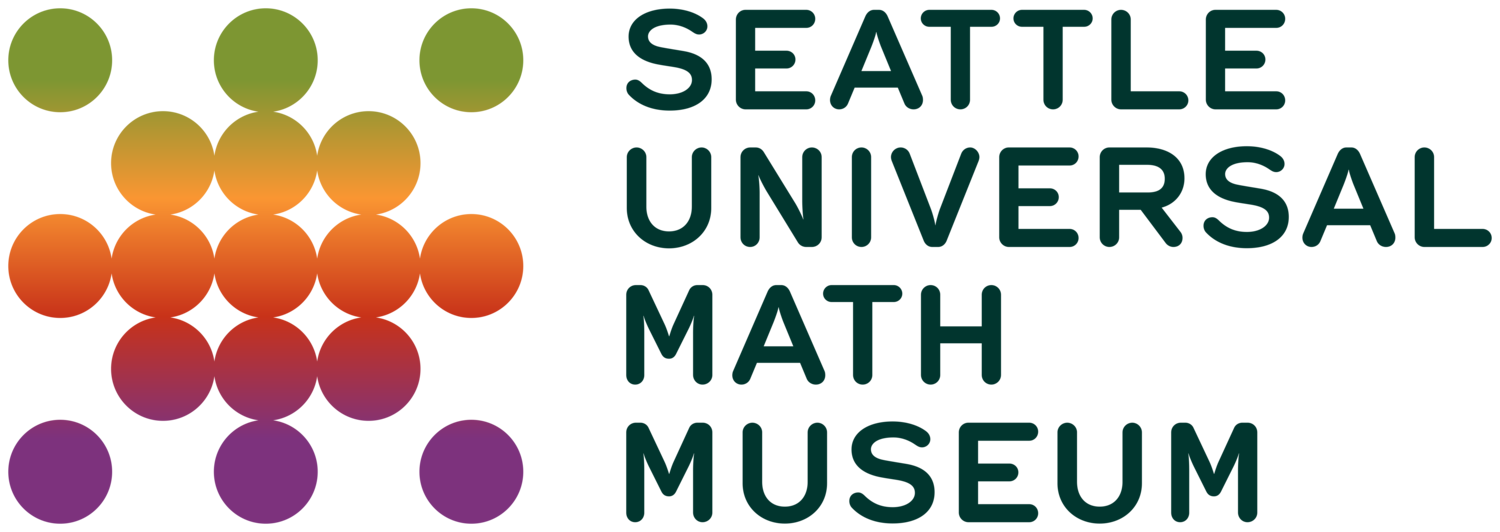Math in… Taxes and Tariffs
Governments collect taxes to fund everything from construction projects, to schools, to social safety nets. There are many different types of taxes, but most of them are on
what you earn,
what you own, and
what you buy.
Let’s look at an important example of each type!
What you make (income tax)
Everyone living in the United States has to pay federal income tax. Some states also have a state income tax, but Washington is not one of those states.
You can figure out how much to pay by knowing which tax brackets you’re in. These are the IRS’ tax brackets for 2024:
| If you make... | Your rate is... |
|---|---|
| $0 to $11,600 | 10% |
| $11,601 to $47,150 | 12% |
| $47,151 to $100,525 | 22% |
| $100,526 to $191,950 | 24% |
| $191,951 to $243,725 | 32% |
| $243,726 to $609,350 | 35% |
| $609,351+ | 37% |
If you earn $50,000 a year, your income is in the first three brackets. Tax rates are applied to the amount of income from each bracket.
$50,000 = $11,600 + $35,550 + $2,850
0.10 · $11,600 + 0.12 · $35,550 + 0.22 · $2,850 = $6,053
What you own (property tax)
If you own a home or land in Washington State, you pay a property tax on it each year. If you rent a home, its property tax is likely factored into your rent.
The tax rate differs throughout Washington depending on city, county, school district, ports, EMS and fire services, transit authority, and other factors. The total levy rate in most parts of Seattle is currently $9.19418 per $1000, meaning a 0.919418% property tax rate. Here are a few rates found in King County:
| If you live in... | Your rate is... |
|---|---|
| Seattle | 0.919418% |
| Burien | 1.081765% |
| Federal Way | 0.915380% |
| Kirkland | 0.793922% |
| Shoreline | 1.014219% |
This means the owner of a home in Burien assessed at $500,000 owes about
0.01081765 · $500,000 ≈ $5,408.83
in 2025, while someone in Kirkland with an equally-assessed home owes
0.00793922 · $500,000 ≈ $3,969.61
What you buy (sales tax)
When you shop in Washington State, you pay a sales tax on non-grocery items you buy.
Washington State has a state sales tax rate of 6.5%, which local tax authorities like cities and counties can add to. Seattle’s sales tax rate is currently 10.35%, with 6.5% going to the state and 3.85% split amongst the City of Seattle, King County, Metro, Sound Transit, and other authorities. Here are a few local sales tax rates in the Puget Sound area:
| If you shop in... | Your rate is... |
|---|---|
| Seattle | 10.35% |
| Tacoma | 10.30% |
| Olympia | 9.80% |
| Maple Valley | 8.90% |
| Renton | 10.30% |
| Kent | 10.20% |
| Lynnwood | 10.60% |
This means that spending $100 in Lynnwood, with $70 on groceries and $30 on school supplies, would incur a tax of
0 · $70 + 0.106 · $30 = $3.18
while the same purchase in Maple Valley would incur a tax of
0 · $70 + 0.089 · $30 = $2.67
Our three examples are probably the taxes most people are familiar with, but they’re not the only ones!
When you buy a stock and sell it for more than you paid, you might have to pay a capital gains tax.
When someone passes away, an estate tax return might need to be filed by the executor of their will.
When importing something from another country, you might have to pay a tariff to US Customs. Even though many things we buy come from abroad, most of us don’t pay tariffs directly. Much like with renting a home, however, a tariff is typically factored into the sales price just like a property tax is factored into rent.
